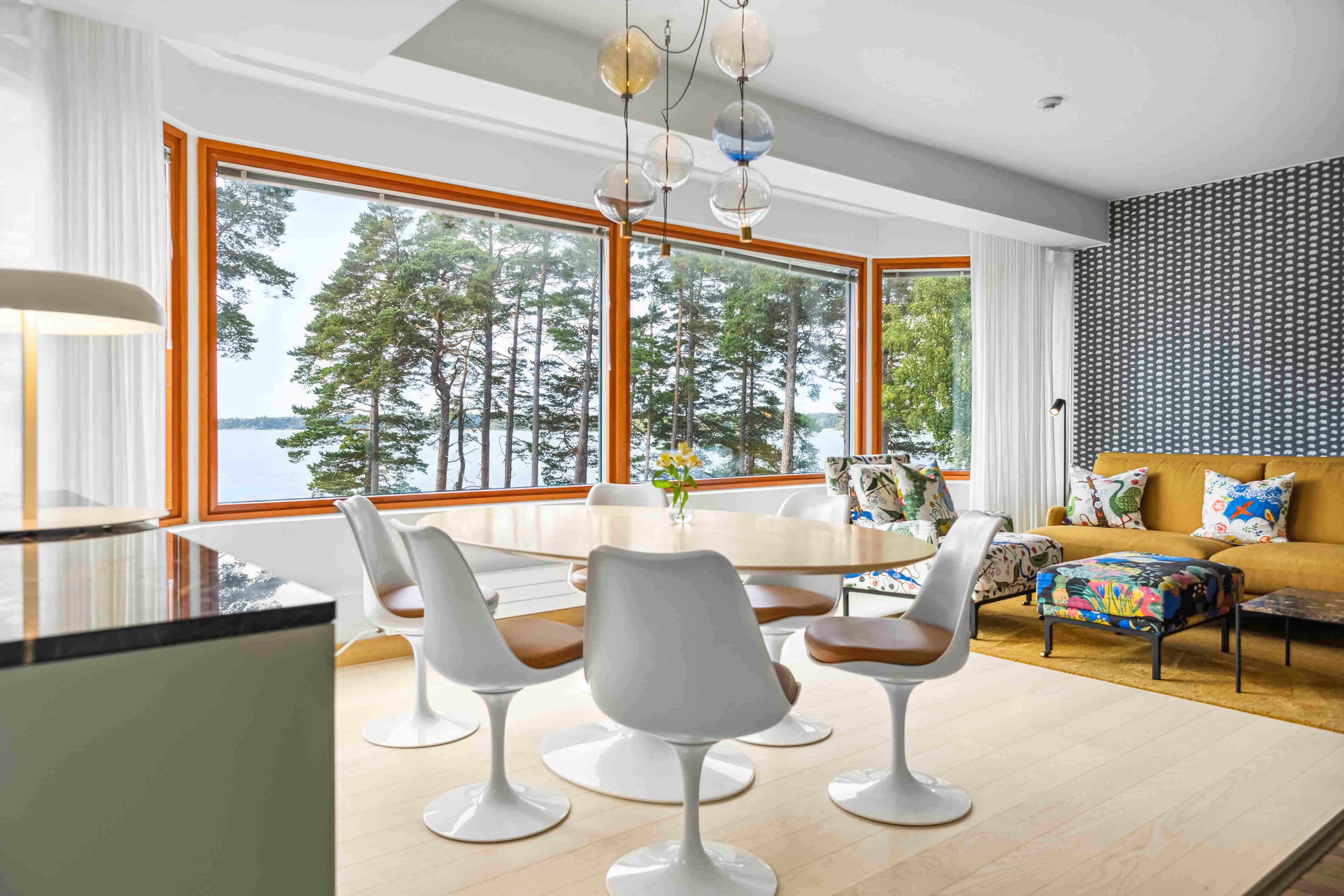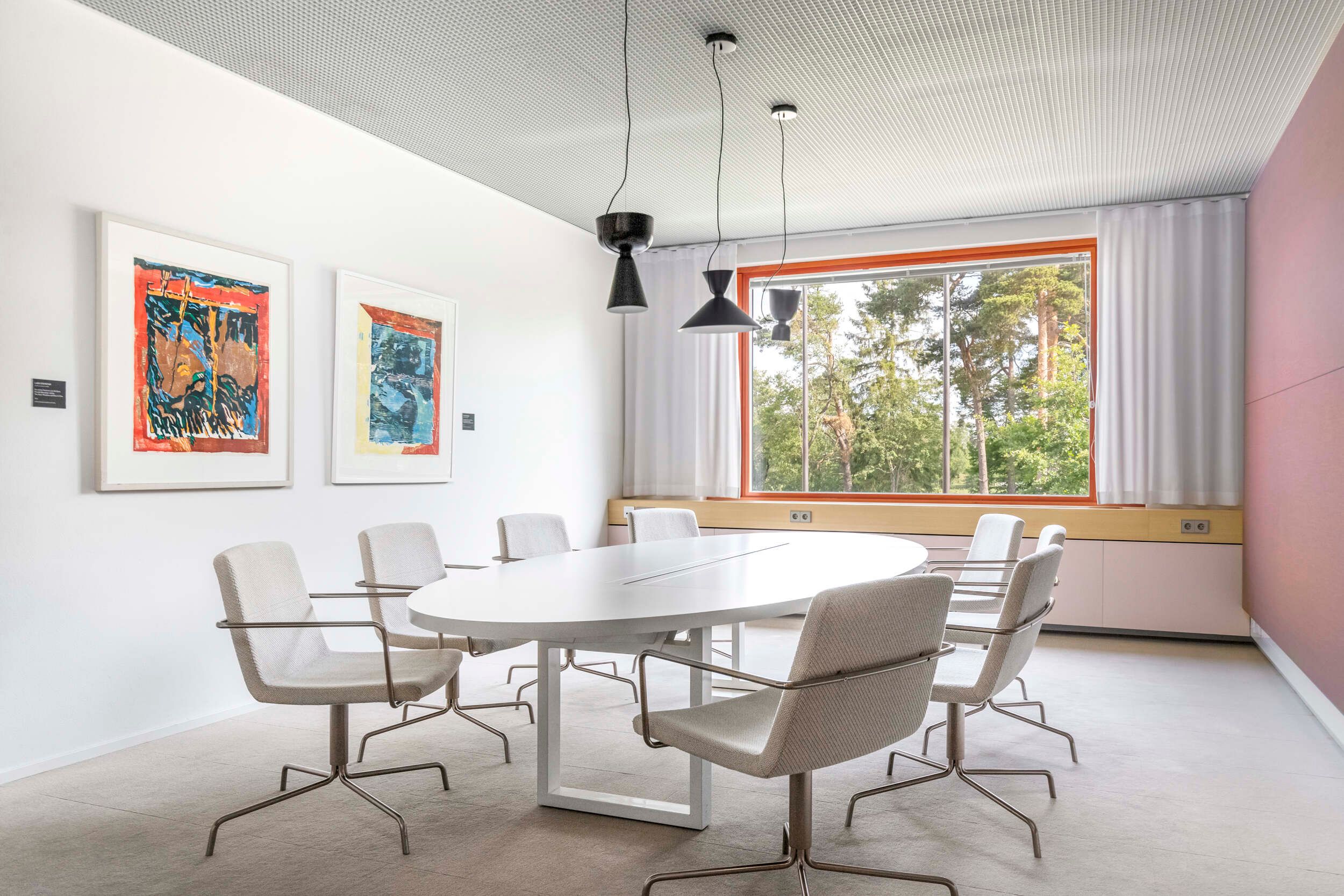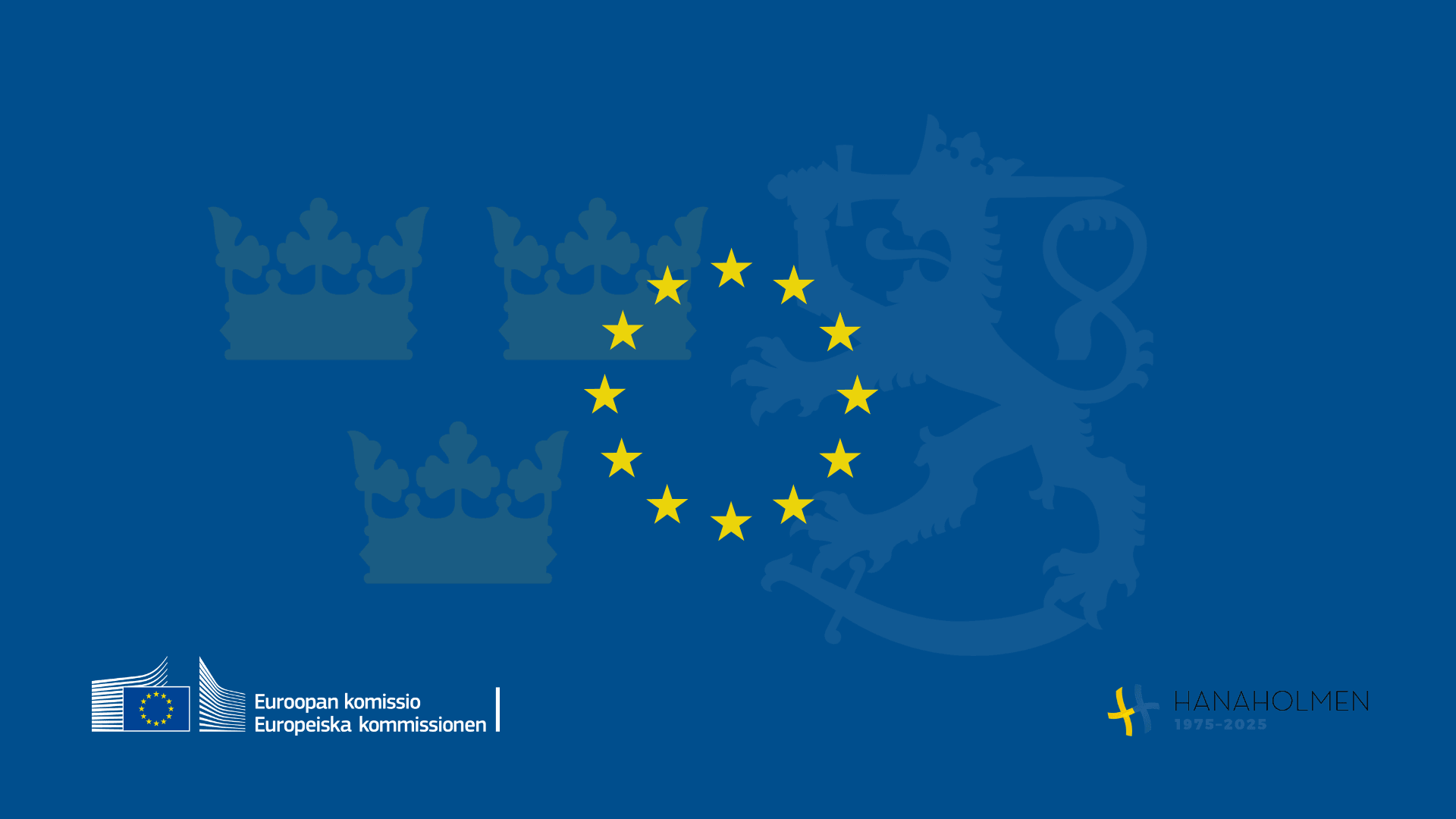
Society, politics & business | 17.1.2025

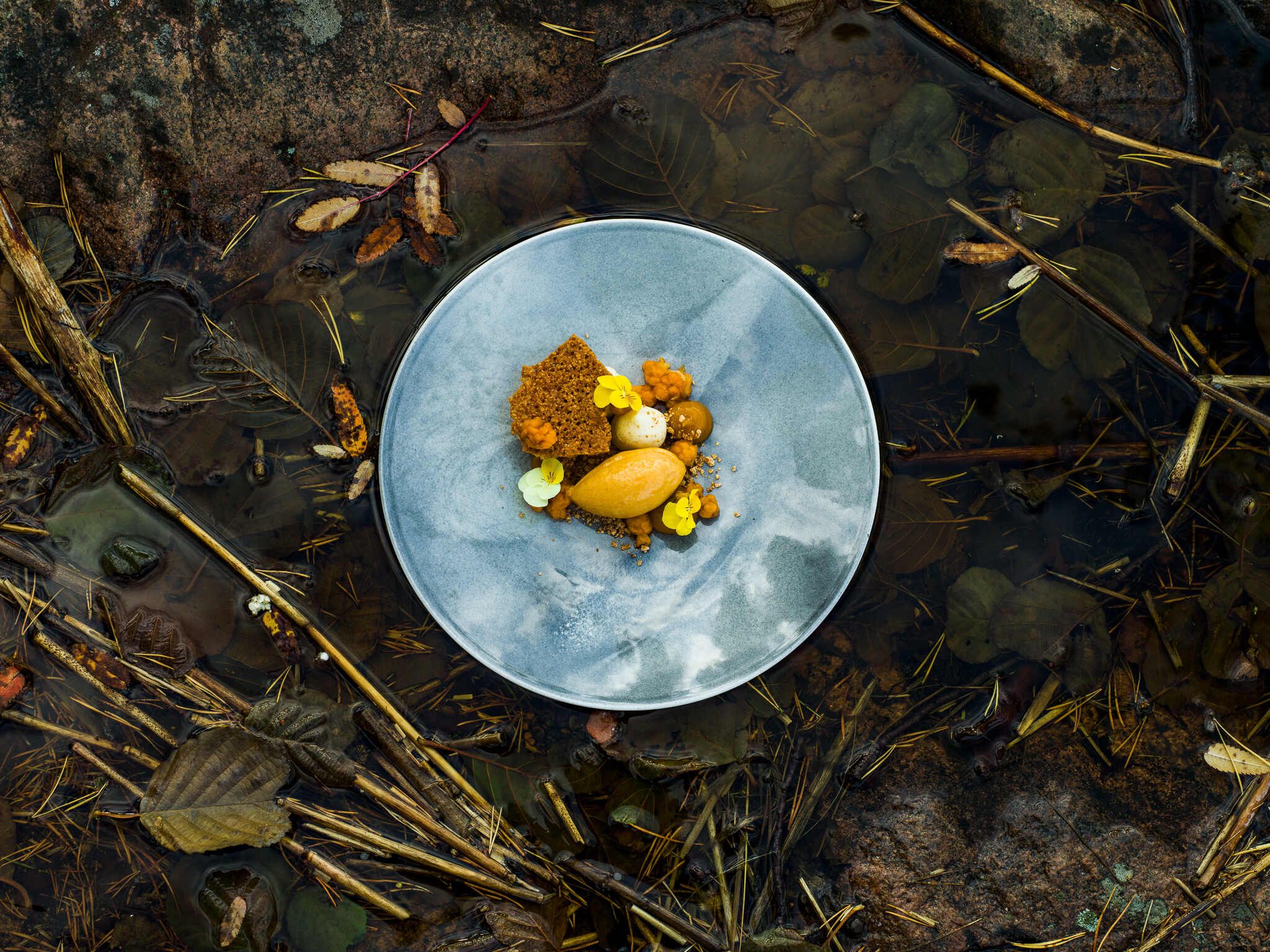

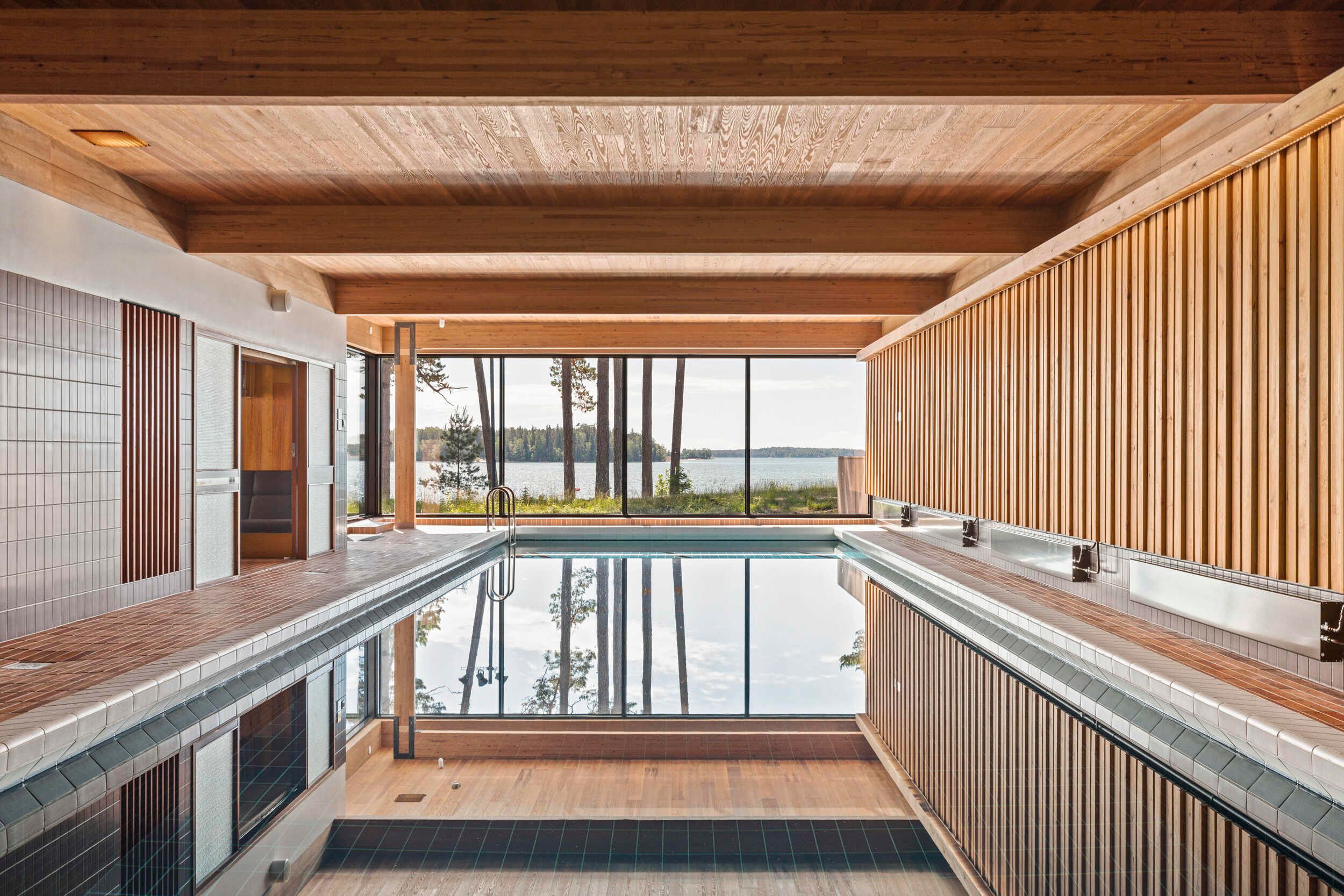



Hanaholmen is a cooperation- and cultural centre for Sweden and Finland, as well as a hotel with a high-quality restaurant and excellent opportunities for meetings, conferences and events. Hanaholmen runs long-term collaborative projects and organises seminars about current social issues. Hanaholmen also administers four Nordic foundations.
